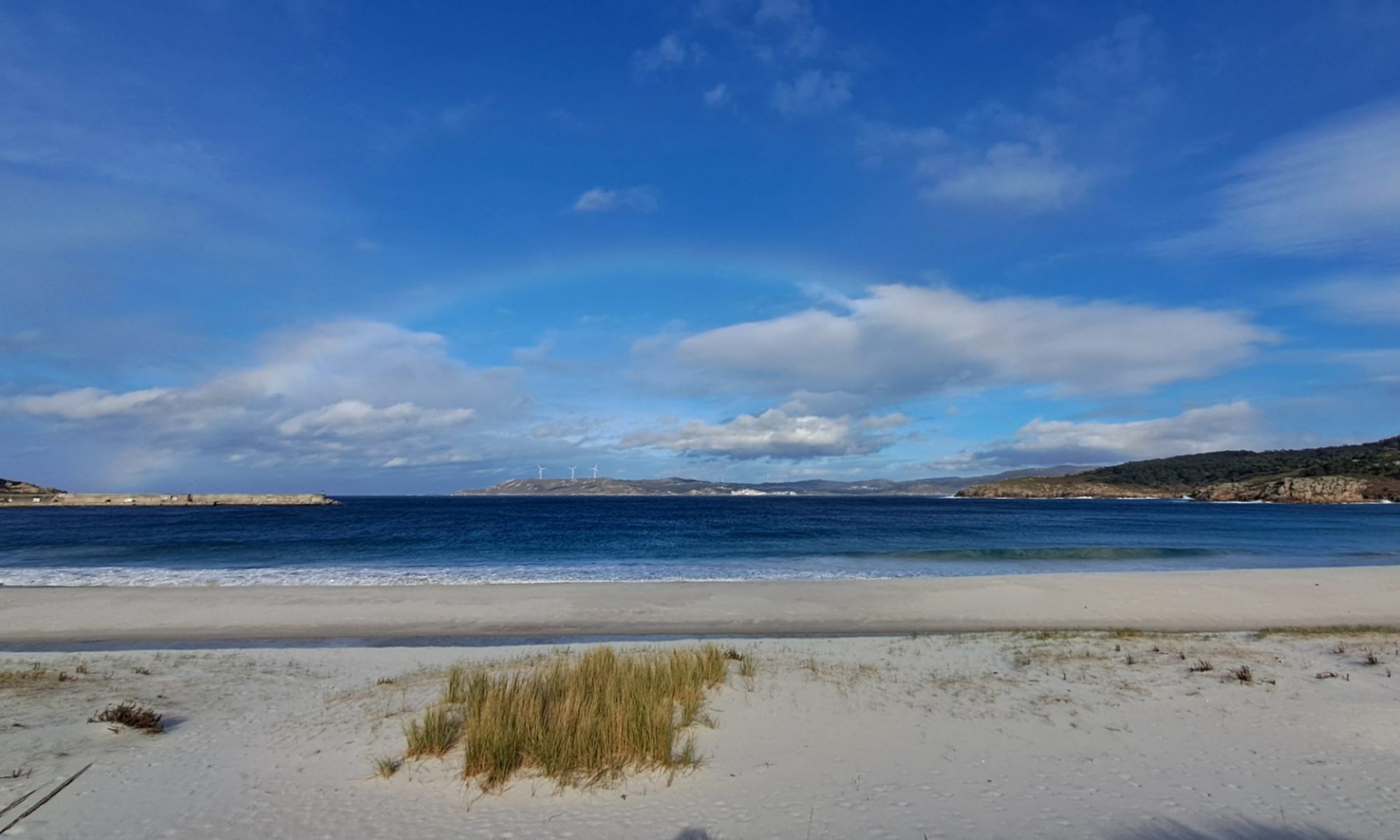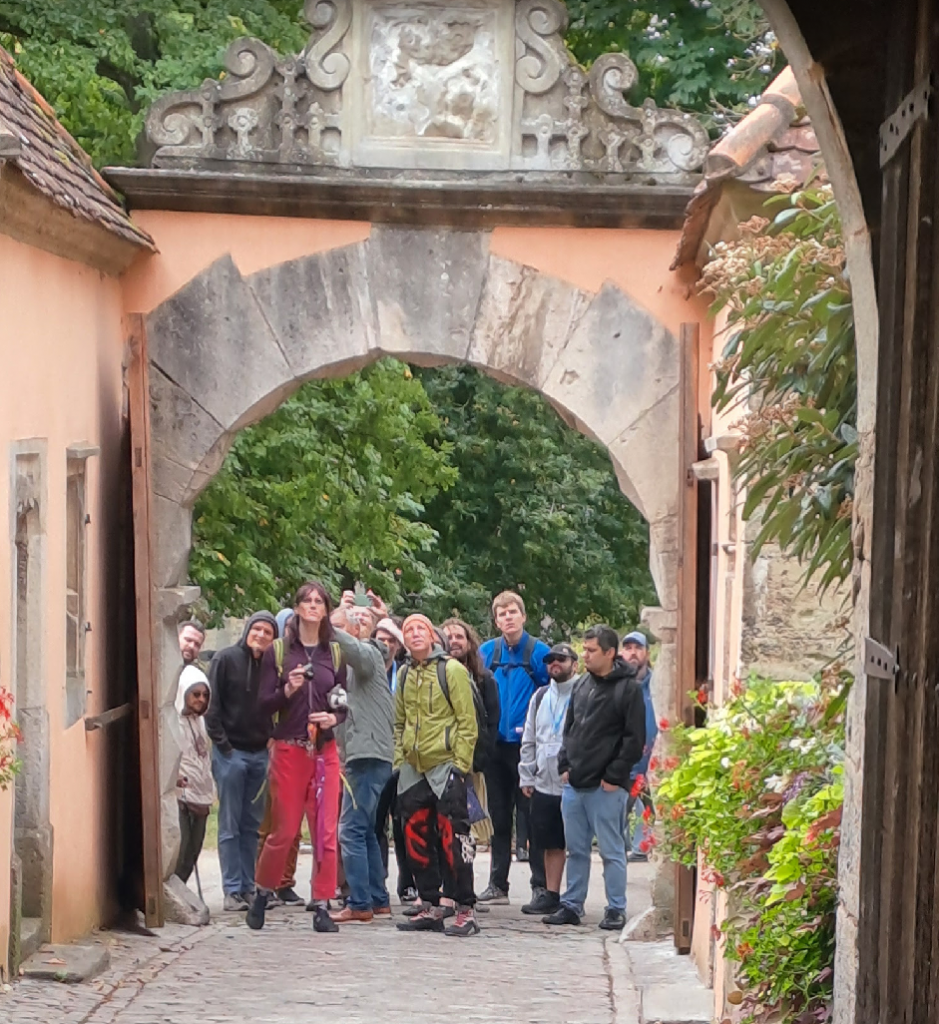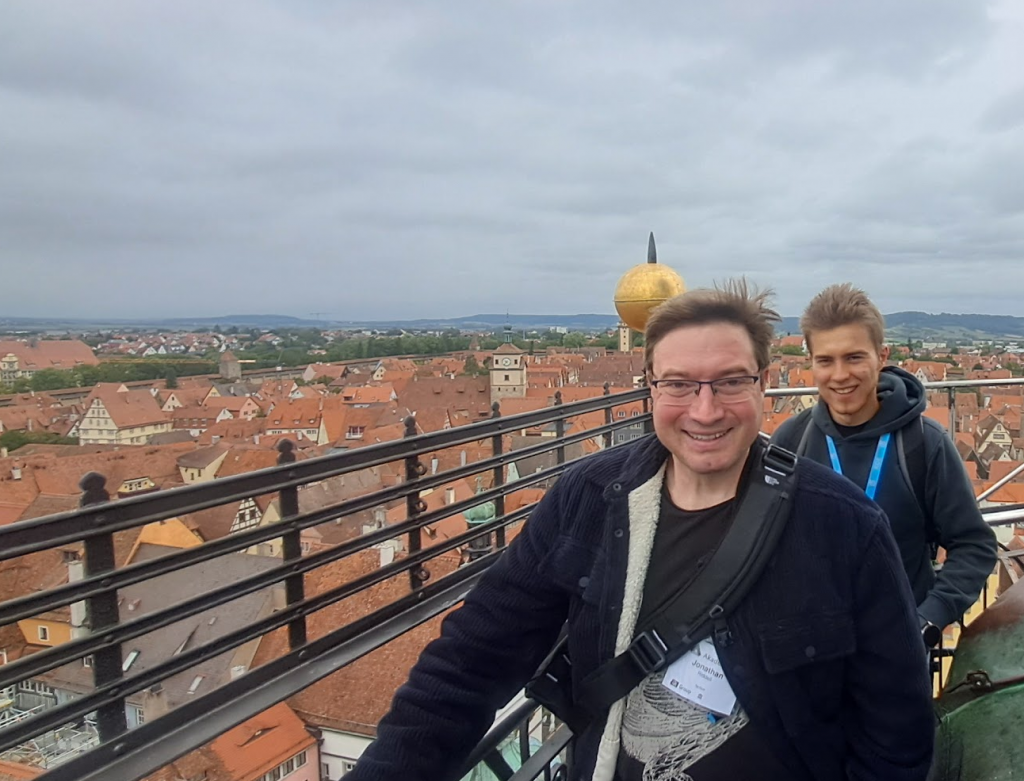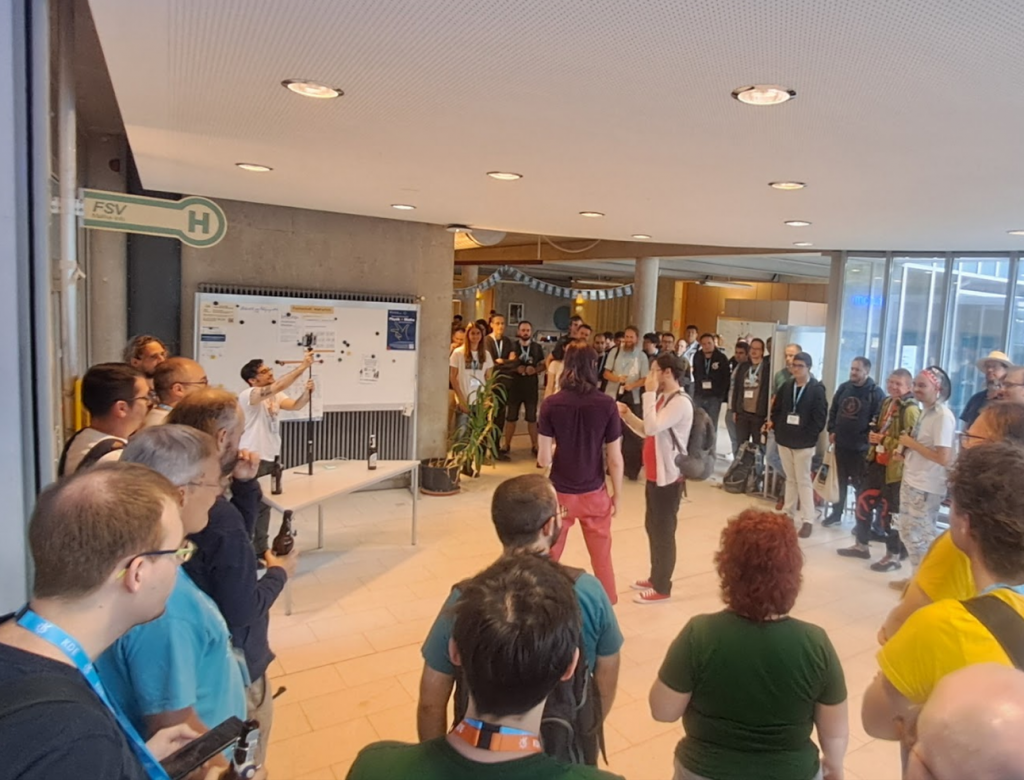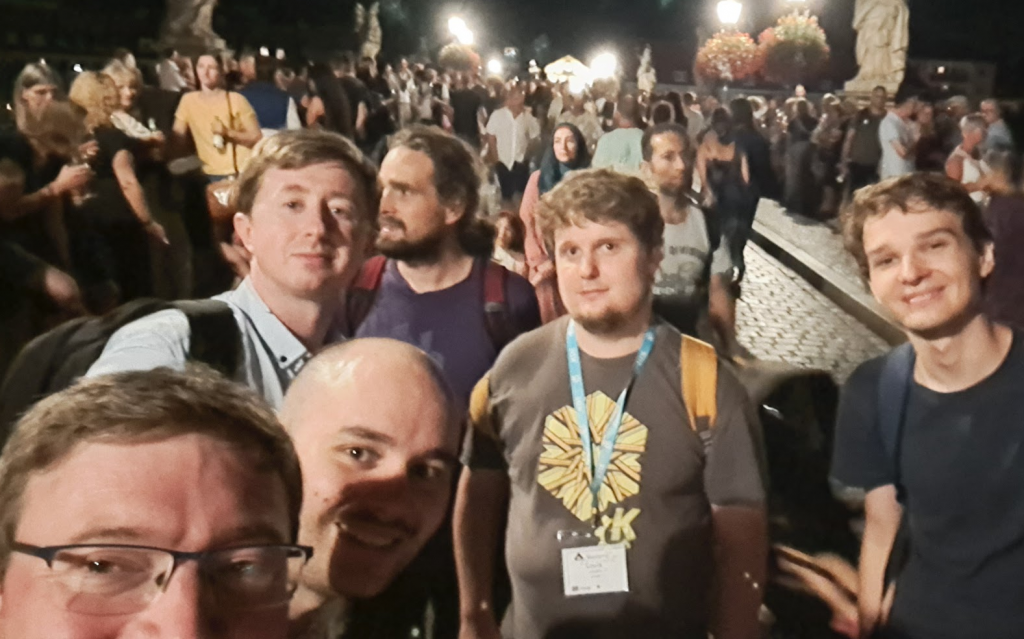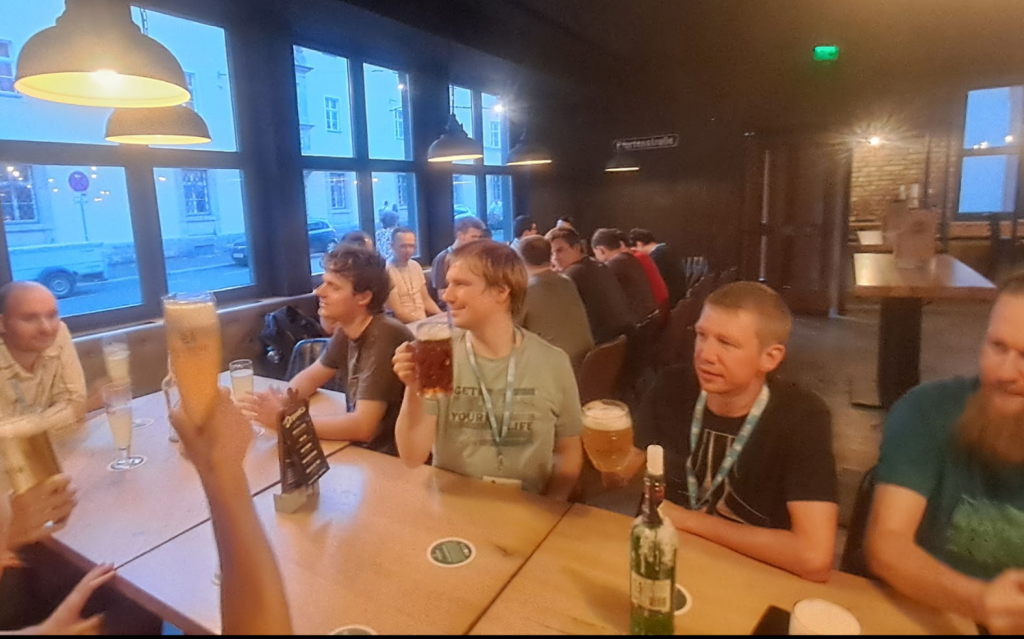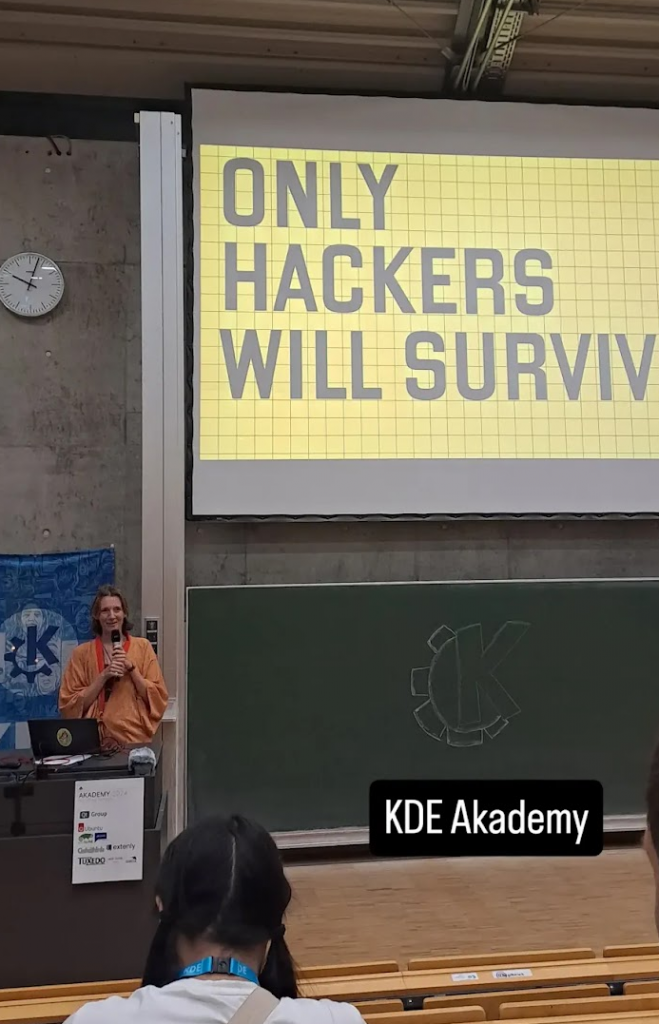I did the Open Water Coach Training for Stand up Paddleboard. Here’s my notes for my own use and anyone else who wants them.
The terminology is a bit messy (which is the same for all paddling really). Partly this is because the environmental remits are necessarily a bit different for paddleboards which can be harder to control in windy or moving open or river water. For Leader it’s Inland Open Water (moderate lochs), Tidal (moderate award in slightly above sheltered water conditions) and Coastal (advanced award in moderate water) and White Water (grade 2(3)). For Coach it’s called Open Water (which means moderate Inland Open Water) there’s also Race Coach and White Water Coach.
I went out with Adam Burns who calls himself Adventure Coaching Scotland and also works for Paddle Scotland. He seems a happy chap and one of the few who can award SUP coach and leader qualifications in Scotland (maybe the only one as the Paddle Scotland website isn’t working when I ask it).
For equipment I wore a drysuit, I also wore a helmet but this doesn’t seem necessary on Open Water. I forgot to take a dry bag which is important. An ankle belt leash is also needed although I used my leader buoyancy aid quick release. As a leader I might also want to take a pump as well as usual leadership stuff.
We did a warm up paddle, as well as letting us warm up it let’s the coach see if we can handle the board on the water and it gets us to a nice sheltered place to chat about the day’s activities.
We discussed coaching frameworks TTPPWW (technical, tactical, physical, phycological, environmental, equipment). BBB (observation points: board, boat, blade).
Technical stuff – does pump work, right clothing,
Tactical – trim and stance
Physical – can do core rotation?
Phychological – Do they seem calm and controlled?
Environment – weather and water conditions, access options
Equipment – board from Lidl or super expensive board? Length and volume of board. Size and No of of fins. Paddle blade size.
Forward paddling – feather blade to push water under the board rather than j-stroke which won’t work because of the fin on the back. Short strokes
Foot positions – side by side, off set, centre line offset, one or both pointing to paddle side
I am much worse paddling on my left than my right so one task i can do is work out why
My paddle blade is large, most people use a smaller one for higher cadance strokes.
If observation of a paddler gives you nothing useful to discuss then change the conditions, e.g speed it up.
Standing position on a board can be foward for a straighter line, backwards for easier turn. Fancy jump or step back turns are possible. You can walk up and down the centre line with practice. Most people will instinctively stand with feet wide for balance but keeping them sholder width wide is usually better as it causes less rock.
To paddle across wind take a wider stance and paddle on downwind side.
Lesson plan frameworks are IDEAS (Introduction, demonstration, explanation, activity, summary) for new stuff and WASP (Watch, Analyse, Set Goals or Suggest, Practice) for improvements.
